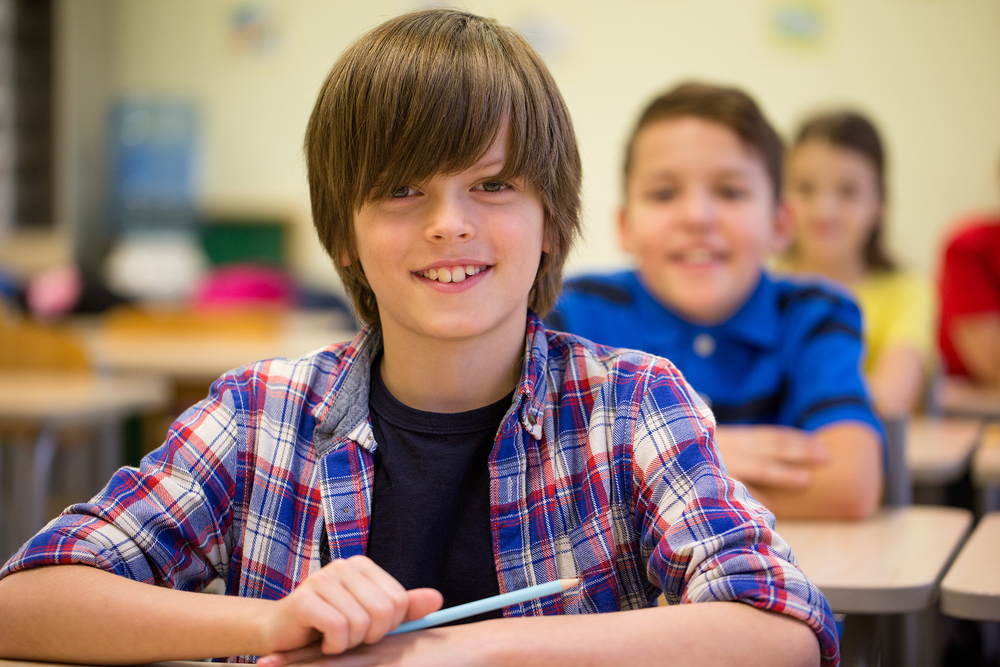
Occupational Therapy and Pediatric Mental Health
What can an Occupational Therapist (OT) do for my child with anxiety? With big emotions that make home routines a huge challenge? With extreme fears that make going out difficult? Who refuses to participate in classroom activities? With reactive aggressive behaviours towards others? With self harm behaviours?
Think of an OT as a behavioural detective working alongside you to figure out what exactly is going on with your little one. OT will, through conversation, observation, and play try to get a comprehensive picture of your child, their environment and the demands placed on them in order to understand where a mismatch may exist between your child’s abilities and what they are asked to do.
For example, think of Jack- he has a lot of difficulty following classroom routines and staying focused on his work in his grade one class. He also can be quite emotionally reactive, having frequent meltdowns and also at times striking out at his classmates or his parents. At home, his parents have significant difficulty getting him out the door in the morning and to bed at night, and he seems to have a screaming meltdown whenever they go out shopping.
These difficulties can be caused by sensory sensitivities- for example sounds in the classroom or in busy places that are making Jack feel overwhelmed. They can be caused by a decreased body awareness, making Jack feel out of touch and ungrounded, and as well creating movement needs that never seem to be met. He may have social anxieties and fears of new situations. He may have decreased cognitive skills, having difficulty organizing his thoughts and knowing what to do during transitions, and feeling lost with work that is above his head. He may have an overactive stress response due to a past trauma. Or the difficulties may be caused by a combination of these things.
An OT can help you understand your child more, and help tease out what is causing your child’s difficulties at home, school, or in the community; and from there give practical strategies in terms of environmental changes, routines, movements, ways of responding, breathing exercises, grounding activities etc, to help your child function at their very best.